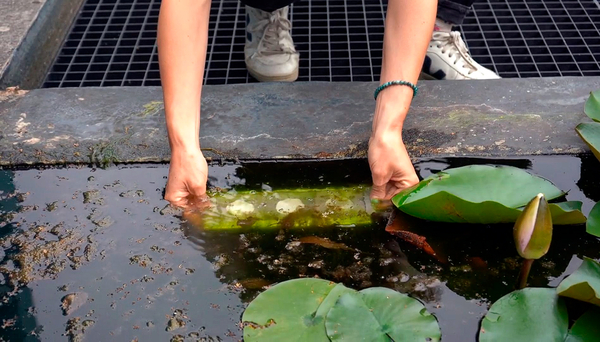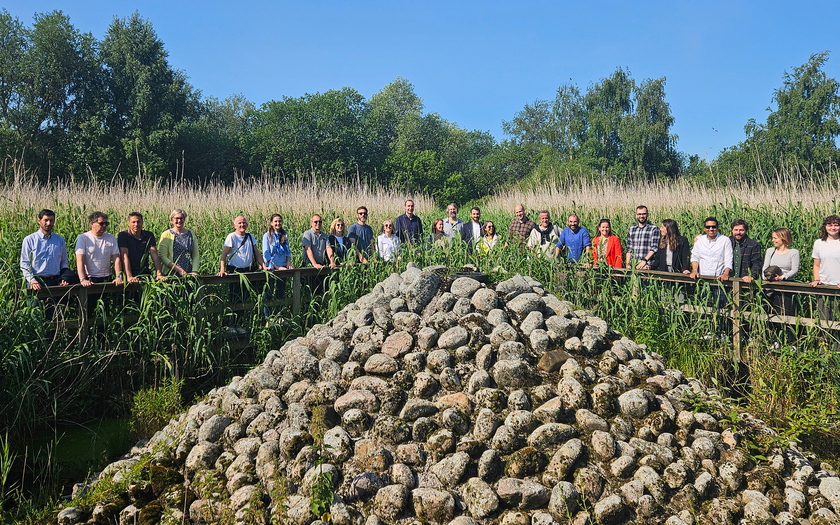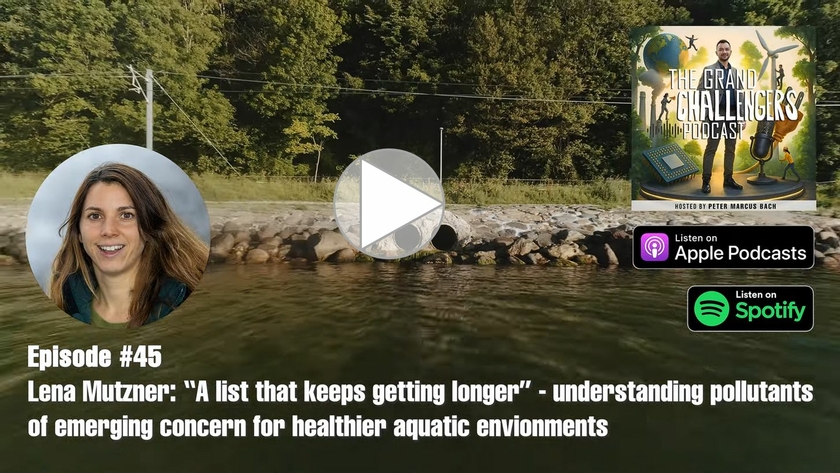News Detail
Six million euros for smarter cities with clean water
August 27, 2025 |
"First you need to know when, where, how much water is flowing and, above all, what its quality is," says environmental engineer Lena Mutzner, head of the group “stormwater quality and reuse” at Eawag. This requires new sensors, intelligent data management and adaptable digital twins. Only then, according to Mutzner, can cities plan risk-based water quality management and ultimately protect public health and the environment by implementing these plans. If, for example, road runoff is simply discharged into the nearest body of water or seeps into the groundwater without being monitored, it can contribute to pollution there, explains Mutzner's colleague Miriam Langer from the University of Applied Sciences and Arts Northwestern Switzerland and Eawag. "In this way, a well-intentioned solution such as the sponge city suddenly creates new problems. We want to avoid that," says the ecotoxicologist.
Pioneering work but also practical guidance
"Pioneering Zero-Pollution Water Systems for Healthier Cities" is the motto of the UrbanM2O consortium, which has 20 partners from 10 countries. These include not only research institutions, but also municipalities, water authorities, and companies. In Switzerland, for example, the City of Zurich's Department of Waste Management and Recycling (ERZ) and the Swiss Water and Wastewater Professionals Association (VSA) are on board as practical partners. The participants want to develop intelligent sensors that use AI to improve water quality monitoring. This involves setting up data exchange systems and processing the data in flexible models known as "Digital twins" – virtual versions of urban water systems. These twins will help identify pollution problems and plan solutions, especially in light of climate change. "We also want to support the authorities with practical guidelines on how to better monitor and maintain their existing systems," says project coordinator Luca Vezzaro from DTU.
UrbanM2O is funded by the EU with five million euros through the Horizon Europe program. In addition, the Swiss State Secretariat for Education, Research, and Innovation (SERI) is contributing one million euros. A project website is currently under construction. A kick-off workshop took place in Copenhagen in June: UrbanM20: New Horizon Europe Project - Water Europe
Podcast (7/2025 in English) on the quality of rainwater with Peter Marcus Bach (formerly Eawag) and Lena Mutzner on LinkedIn: "There is always something new to monitor, but the list of pollutants of concern is getting longer and longer! How on earth can we deal with this?" Full length on Spotify, Apple Podcasts or here.
Technical article
Cover picture: Passive samplers can provide valuable data for certain water monitoring applications at low cost. (photo: Andri Bryner, Eawag)



